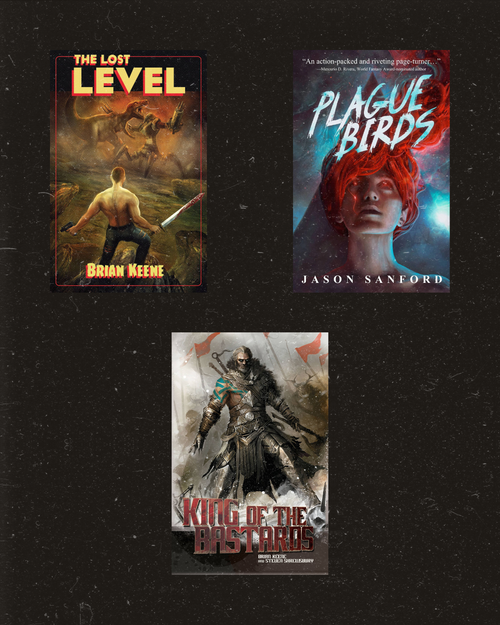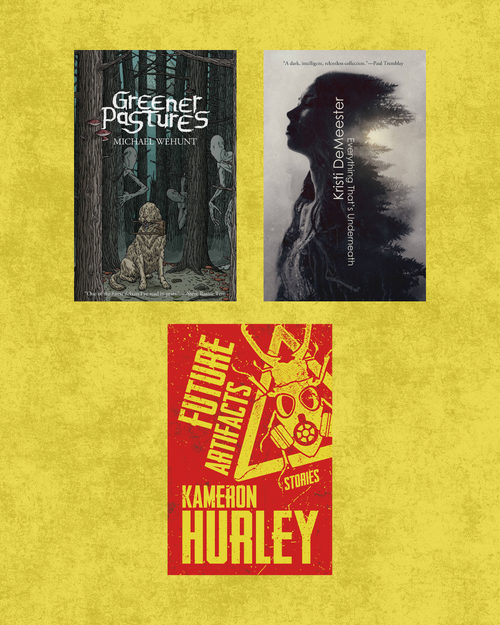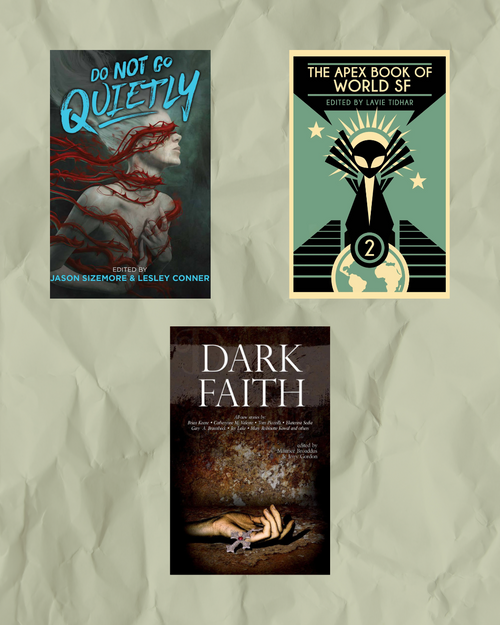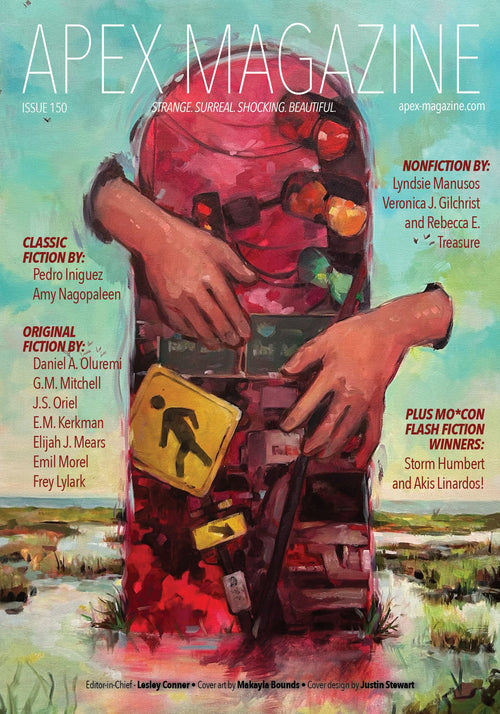How to Use Assertive Language to Improve Your Writing
by Jason Sizemore
“I have great faith in fools—self-confidence my friends will call it.”
Edgar Allan Poe, Marginalia
One of the easiest ways to make your manuscript stronger is to practice assertive writing. Word economy can improve your writing, make your editors happy, and to create narrative drive.
What do I mean when I say to practice assertive writing? Turn on your television. Watch your favorite show. Maybe it’s Seinfeld. The episode is “The Contest” and Kramer charges into Jerry’s apartment, slaps $100 on the counter, and declares “I’m out.”
It’s effective because the beats happen quickly. Kramer doesn’t come in and say “I watched Cinemax and now I’m a contest loser.” Thanks to proper scene setting and plotting, the viewer knows with two simple words what’s up without the need for expanded exposition. The word economy and quick nature via the assertive writing in that scene allows for a humorous moment and grants the script the time to add even more jokes.
Like how television only has so many minutes to air, a manuscript only has so many words to spare. Publishers have word count limits for a practical reason: printing costs a lot of money. Editors have their red pens ready because they realize that many readers have a remarkably short attention span. Bore them repeatedly with moments or descriptions that do nothing to advance the narrative and they’ll likely call your work bloated and cast it aside.
In my professional capacity as an editor, one of the most common writing sins I encounter is that of wishy-washy writing. Most of the time the culprits are from people still learning the craft. Like a toddler taking its first tentative steps, a new writer expresses anxiety about their abilities through the use of repetition and extraneous verbiage. However, this particular sin is not exclusively the rookies’ domain. Plenty of experienced scribes can fall into this bad habit due to anxiety regarding their familiarity with the genre or the subject matter (example: a sci-fi writer trying a bit of historical romance).
PLEONASM
Wishy-washy writing manifests in numerous ways. One of the most common is via the insidious form of unnecessary adverbs and adjectives modifying absolutes. This phenomenon is called pleonasm.
Here are some examples:
“extremely perfect”
Something is either perfect or not perfect. Unless you’re James Madison writing the Constitution and you’re “forming a more perfect Union” then avoid this type of writing crutch.
“blackest of black”
Yes, yes, I know there are many shades of black. But black is black and blackest of black is not only a poorly constructed description, it is also a cliché. As are many pleonasms.
“see with one’s own eyes”
Here we have a double pleonasm. Barring some science fiction device, how else will you see? And who else’s eyes are you using if you’re not using your own? Don’t answer this unless you’re the Pale Man from Pan’s Labyrinth.
Naturally, there are instances where repeated usage of certain pleonasms has become acceptable to the Grammar Gods of Chicago, AP, and MLA. Also remember, it is your right as a writer to request a stet if an editor has failed to recognize an intended use of a pleonasm.
I Don’t Think So, I Know So
Adjectives receive all the glory, but verbs do all the work. Therefore, your verb choice is one of the most important aspects of writing. Too often I see in manuscripts poorly chosen verbs that makes the writer come across as unsure.
Take, for example, the following line of exposition:
“The footsteps stopped for a moment. When they began again, each footfall seemed like a warning.”
The problem word is seemed. It does nothing to add to the mood or the tension of the narrative. It’s just … functional. It’s like eating a slice of white bread. Certainly, the bread will temporarily satiate your hunger, but there are so many better choices you can make.
“The footsteps stopped for a moment. When they began again, each footfall echoed like a warning.”
I’ll not argue that this line is a strong bit of writing. But I do think we’re moving in the right direction by replacing the ambiguous seemed with the more dynamic echoed. Echoed makes environmental suggestions. Possibly the narrator is trapped in a cave, a hallway, or an abandoned house … and places like that are often secluded and isolated.
Here’s another:
“According to our analysis, the sample was clean. Carbon and oxygen and nothing else.”
The second sentence is merely a reassertion of the first. In context of the story, the reader has no reason to need the second sentence. A cleaner sample of this line goes:
“Our analysis deemed it clean.”
The phrase according to is also a bit of writerly anxiety that merely muddles the intention of the excerpt. Using deemed allows us to take out an instance of the overworked was construction.
Minimizing/Qualifying Language
People tend to use minimizing language in unintentional ways to not come across as arrogant and aggressive, rude and unfriendly. We soften what we say in a matter of deference. It’s an extremely problematic phenomenon in business writing (particularly for women and people of color), but it also exists in fiction writing and probably deserves a separate essay analyzing the subject.
You’ll often hear people calling minimizing words as junk words. Flabby expressions. Whatever. Nomenclature is your choice, but try to avoid using these words in your writing:
Just, pretty much, a bit, enough, mostly, usually, almost…
Parting Shot
Remember that bit I mentioned earlier about word counts? I’m nearing mine, so I must conclude now.
When you have something to say, say it concisely. Don’t worry about offending the reader with assertive writing. Your characters will come across stronger. Your narrative will flow better. Your manuscript will have more punch.
Be assertive.













